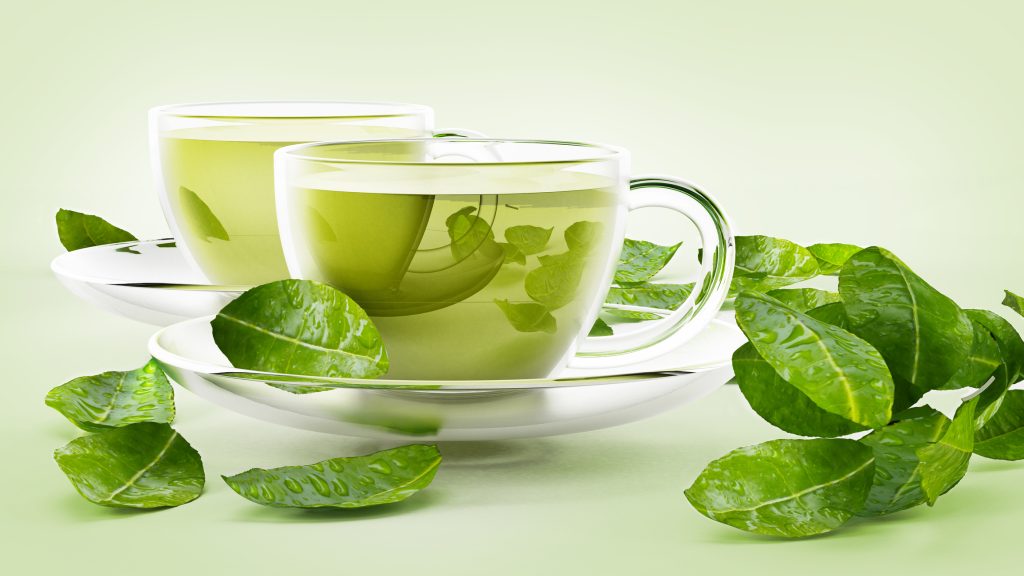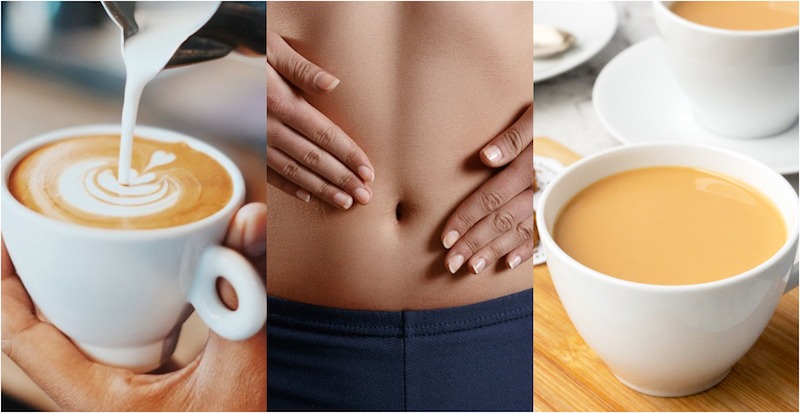Which is Better for Weight Loss: Coffee or Tea?
The battle between coffee and tea has been a topic of debate for centuries, with passionate supporters on both sides. While both beverages have their loyal followers, when it comes to weight loss, which one holds the upper hand? In this article, we’ll dive into the benefits, caffeine content, side effects, and personal preferences to determine whether coffee or tea is the better choice for shedding those extra pounds.
Table of Contents
Introduction
In today’s world, where weight loss is a common goal for many individuals, understanding the impact of different dietary choices becomes crucial. Coffee and tea, two of the world’s most consumed beverages, have garnered attention for their potential effects on weight management. Let’s explore the benefits each one offers in the pursuit of a slimmer waistline.
Benefits of Coffee for Weight Loss
Boosts Metabolism
Coffee, with its high caffeine content, has been found to increase metabolic rate and thermogenesis, which refers to the body’s production of heat. These effects can lead to a temporary boost in calorie burning, aiding weight loss efforts.

Increases Fat Oxidation
Studies have shown that the caffeine in coffee can enhance fat oxidation, which is the process of using stored fat as an energy source. By stimulating the breakdown of fatty acids, coffee may facilitate weight loss by making fat more accessible for energy expenditure.
Suppresses Appetite
One of the benefits of coffee for weight loss is its appetite-suppressing properties. Caffeine acts as an appetite suppressant, helping to reduce hunger pangs and control calorie intake throughout the day. This effect can be particularly helpful for individuals aiming to create a calorie deficit.
Benefits of Tea for Weight Loss
Contains Antioxidants
Tea, especially green tea, is rich in antioxidants called catechins. These compounds have been found to aid in weight loss by promoting fat oxidation and reducing inflammation in the body. Green tea catechins, such as epigallocatechin gallate (EGCG), may also have a slight thermogenic effect.

Promotes Fat Burning
The combination of caffeine and catechins in tea can potentially enhance fat burning. The catechins work synergistically with caffeine to increase the body’s energy expenditure, resulting in greater calorie burn and potentially contributing to weight loss.
Enhances Energy Expenditure
Some studies suggest that tea, particularly green tea, can increase energy expenditure and fat oxidation during physical activity. This means that consuming tea before exercise may amplify the benefits of your workout and contribute to weight loss over time.
Caffeine Content
When comparing coffee and tea for weight loss, it’s important to consider their caffeine content, as this plays a significant role in their effects on metabolism and appetite suppression.
Coffee generally contains a higher amount of caffeine than tea. An average cup of coffee provides around 95 mg of caffeine, while a cup of green tea contains approximately 35 mg. However, it’s worth noting that caffeine levels can vary depending on the type and preparation method of both beverages.
Side Effects and Considerations
While coffee and tea offer potential benefits for weight loss, it’s essential to consider their potential side effects and individual tolerances.
Coffee, especially when consumed in large quantities, can lead to side effects such as jitteriness, increased heart rate, digestive issues, and disrupted sleep patterns. Tea, on the other hand, contains less caffeine and is generally well-tolerated. However, some individuals may still experience adverse effects such as stomach discomfort or insomnia.
Personal Preference and Lifestyle Factors
Choosing between coffee and tea for weight loss often comes down to personal preference and lifestyle factors. Some individuals may find coffee more satisfying and energizing, while others may prefer the calming and soothing properties of tea. It’s important to select the option that aligns with your taste preferences and fits seamlessly into your daily routine.
Conclusion
In the quest for weight loss, both coffee and tea can be valuable allies. Coffee’s ability to boost metabolism, increase fat oxidation, and suppress appetite can support weight loss efforts. Meanwhile, tea’s antioxidants, fat-burning properties, and potential impact on energy expenditure make it a contender in the battle against the bulge.
Ultimately, the choice between coffee and tea for weight loss depends on individual preferences, tolerance to caffeine, and overall lifestyle. Whether you prefer the bold aroma of coffee or the delicate flavors of tea, both can be enjoyed as part of a balanced and healthy weight loss journey.

FAQs
Is black coffee or green tea better for weight loss?
Both black coffee and green tea offer benefits for weight loss. Black coffee’s higher caffeine content may provide a more significant metabolic boost, while green tea’s catechins contribute to fat burning. Ultimately, it depends on personal preference and tolerance to caffeine.
How much coffee/tea should I consume for weight loss?
The optimal amount of coffee or tea for weight loss varies from person to person. It’s generally recommended to consume moderate amounts, such as 1-3 cups per day, while monitoring the body’s response to caffeine and adjusting intake accordingly.
Can I add milk or sweeteners to coffee/tea for weight loss?
Adding milk or sweeteners to coffee or tea can increase calorie content and potentially hinder weight loss efforts. Opting for black coffee or unsweetened tea is a healthier choice when aiming to shed pounds.
Are there any weight loss supplements containing coffee or tea?
Yes, there are weight loss supplements on the market that include coffee or tea extracts. However, it’s important to exercise caution when using such supplements and consult with a healthcare professional before incorporating them into your weight loss regimen.
Can I drink both coffee and tea for weight loss?
Yes, you can enjoy both coffee and tea as part of a weight loss plan. It’s crucial to moderate your caffeine intake and consider the overall impact on your health and well-being. Balancing the consumption of both beverages can provide variety and ensure you receive the benefits they offer.




